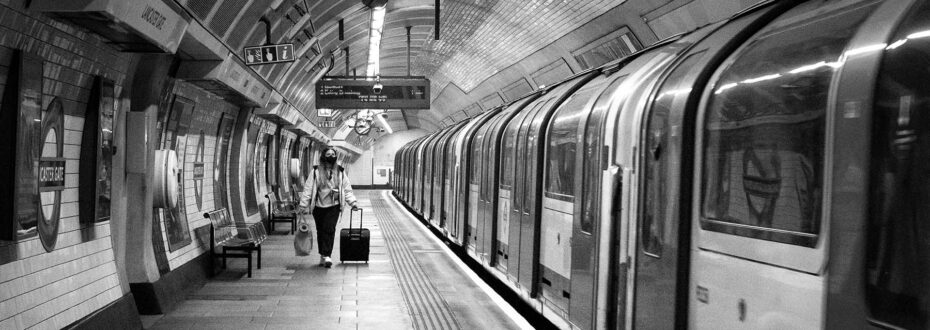Voluntary and community organisations have been a lifeline for Londoners during the pandemic, but many anticipate financial difficulties as emergency funding comes to an end, according to research published today by Centre for Mental Health.
A lifeline for London is the report of research by Centre for Mental Health, commissioned by the Mayor of London as part of the Thrive LDN campaign. It explores how voluntary and community organisations in the capital supported people’s mental health during the first year of the Covid-19 pandemic, how they adapted to the crisis, and what they’ve learned from the experience.
The report finds that voluntary and community organisations had an increase in demand for support during the pandemic, and at the same time had to adapt very quickly to remote working. For communities worst affected by the pandemic and its mental health impacts, voluntary organisations have often provided invaluable support.
Some organisations received emergency funding and worked in partnership with local commissioning bodies to enable them to respond flexibly to people’s needs during the pandemic. This helped them to cope with the crisis and the extra pressure it put on staff and volunteers.
But these changes were often only temporary. Emergency funding is now drying up and some commissioners are reverting to traditional ways of working that are putting voluntary and community organisations under pressure. And this is at a time many staff and volunteers are feeling burnt out.
The report warns that the move in the NHS towards integrated care systems risks overlooking the role of local voluntary and community organisations. Relationships built up in boroughs may be lost as more decisions are made at this higher level.
A lifeline for London calls on commissioners to learn from the pandemic and find ways of funding voluntary and community organisations that enable them to work more flexibly, to advocate on behalf of their communities as well as provide services, and to have more stable finances. This may mean providing core funding grants and longer contracts.
Centre for Mental Health chief executive Sarah Hughes said: “Throughout the pandemic, voluntary and community organisations have been there for people who have needed help for their mental health. They have been a lifeline for many, and especially people who are poorly served by statutory services.
“We need to learn from what has happened over the last 18 months. Emergency funding and flexible contracts have freed up voluntary and community organisations to respond to people’s needs, often quickly. We cannot ignore this and go back to the days of short-term contracts and competitive tendering that put smaller organisations especially in a hamster wheel of financial insecurity and short-termism.
“As integrated care systems take responsibility for health and care services, they must make sure smaller and locally-based organisations are seen, heard and valued. We cannot let the latest round of NHS reorganisation undermine good local relationships with community organisations at such a crucial time for people’s mental health.”
Dr Debbie Weekes-Bernard, Deputy Mayor for Communities and Social Justice said: “This report highlights the crucial role voluntary and community organisations have played in supporting Londoners, from all backgrounds, with their mental health during the pandemic.
“Isolation, loneliness and concerns about the future have impacted many of us during the pandemic and we know that those that experienced trauma during the lockdowns, or were already experiencing inequalities, have been disproportionately affected.
“That’s why it is so important that the right financial support is put in place by government to support voluntary and community organisations to continue to deliver vital services to marginalised groups – particularly those less likely to engage with statutory services.”
Dr Tom Coffey, Mayoral Health Advisor said: “London’s voluntary and community organisations have made an outstanding contribution to the capital’s health and care system – at a time when NHS Mental Health Services have experienced unprecedented demand.
“This report shows just how important their tireless efforts have been in supporting some of London’s most vulnerable.”



